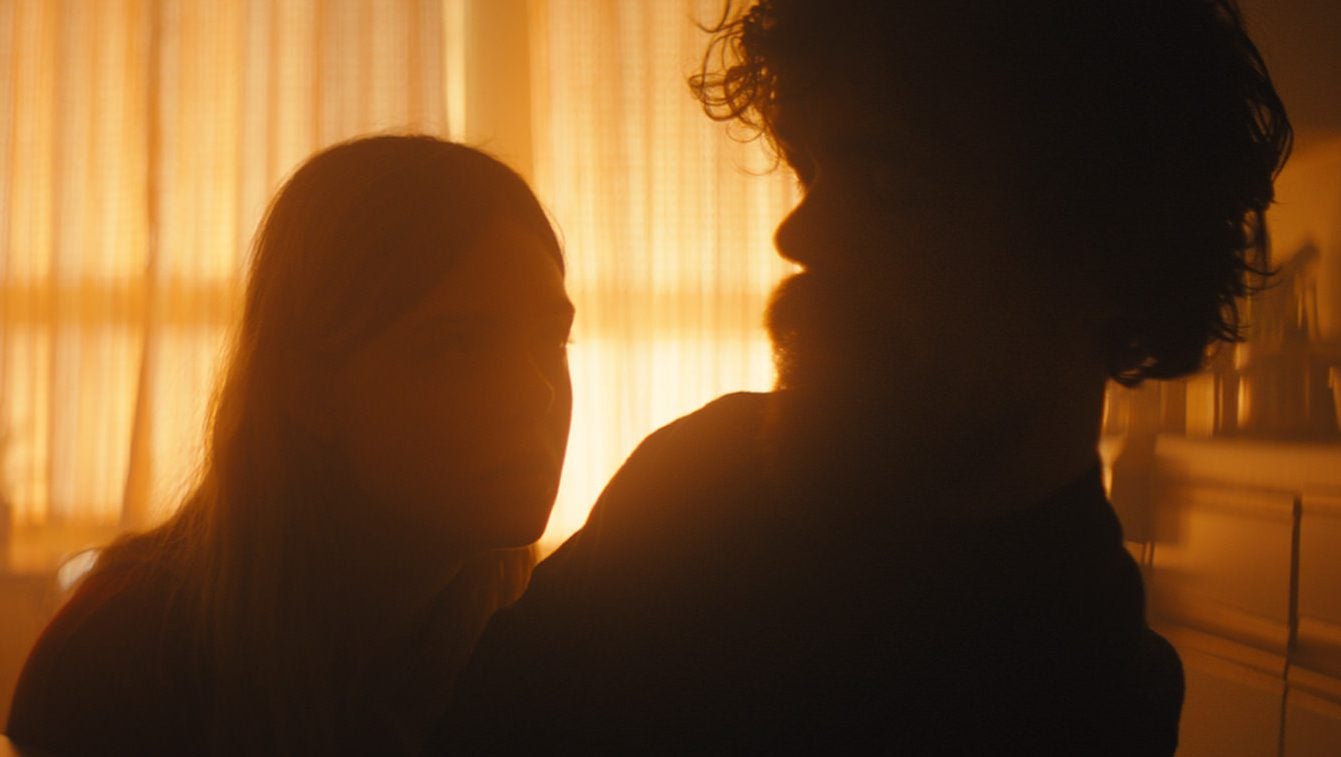Full-sentence movie titles are making a huge comeback
Sorry to bother you. Don’t worry, he won’t get far on foot. I think we’re alone now.


Sorry to bother you. Don’t worry, he won’t get far on foot. I think we’re alone now.
That creepy, avant-garde short story was formed entirely by titles of films that premiered at this year’s Sundance Film Festival: Sorry to Bother You, Don’t Worry, He Won’t Get Far On Foot (yes, there’s a comma in the title), and I Think We’re Alone Now. Long a purveyor of trends in the world of independent cinema, Sundance has confirmed that film titles that double as fully-formed sentences are all the rage right now.
It’s not the first time. In the 1930s and 1940s, full-sentence movie titles were quite common. The Mervyn LeRoy film I Am a Fugitive From a Chain Gang, nominated for the Oscar for best picture in 1933, ushered in the first Golden Age of Long Titles. The two decades were littered with them: It Happened One Night (1934), Mr. Deeds Goes to Town (1936), and perhaps the most famous one of all—It’s a Wonderful Life (1946). All three were also nominated for best picture.
But film titles became more concise in the 1950s, with just one full-sentence title nominated for best picture that decade (Love is a Many-Splendored Thing in 1955). There were a few here and there in the 1960s and 1970s (notably One Flew Over the Cuckoo’s Nest in 1975), but then they completely disappeared until 2007, when Paul Thomas Anderson’s There Will Be Blood was nominated for best picture in 2007.
Since then, full-sentence titles have sprung up all over the indie film circuit. In just the last three years, including 2018:
- Call Me By Your Name
- Don’t Worry, He Won’t Get Far on Foot
- I Think We’re Alone Now
- Sorry to Bother You
- The Catcher Was a Spy
- I Am Not Your Negro
- I Don’t Feel at Home in this World Anymore
- It Comes at Night
- Film Stars Don’t Die in Liverpool
- Ingrid Goes West
- Deidra & Lainey Rob a Train
- I’ll See You in My Dreams
One explanation is that the more Hollywood derives material from books, the longer and more complex film titles become. Many of the films above are based on novels and memoirs (some with the same titles, some with different ones). Longer titles are more popular in the literary world, so it stands to reason that film titles will increase in length and complexity as they increasingly draw inspiration from novels.
Or perhaps these films just want to distance themselves from the punchy titles that populate much of the Hollywood mainstream: It, Logan, Dunkirk, Justice League, The Post, etc. Having a longer, grammatically complex title signals to your audience that the film is of a different quality, a higher art form.
The indie film world should watch its back, though. Hollywood’s sequel addiction is turning some of its biggest blockbusters into convoluted tongue-twisters. Three of the highest-grossing films of 2017 were called Jumanji: Welcome to the Jungle, Pirates of the Caribbean: Dead Men Tell No Tales, and War for the Planet of the Apes.